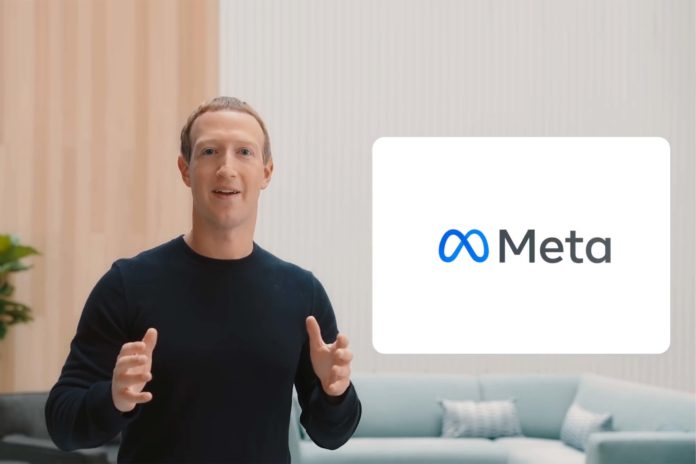

Facebook announced a major rebrand on Oct. 28. CEO and co-founder of Facebook, Mark Zuckerberg, recently announced that the company will be renaming itself to ‘Meta Platforms Inc.’ or Meta.
Zuckerberg defined the Metaverse as “an embodied Internet where you’re in the experience, not just looking at it” in an earning call previously this year.
Students like Damien Theriault, a second-year University of New Brunswick student, said the reason behind the name change is simple.
“Money,” said Theriault. “It’s always about more money.”
Theriault said Zuckerberg’s choice of name for the brand change is ironic. He said the word “Metaverse” comes from the 1992 science fiction novel Snow Crash, a dark satire criticizing the type of corporate ideas Facebook perpetuates.
In the book, the Metaverse is an online world where users live different lives than in real life — the main character, Hiro Protagonist, is a warrior prince in the Metaverse, but in real life delivers pizza.
“[Zuckerberg] deliberately takes the name from source material that talks about how [the Metaverse] is a bad thing, how it could be the downfall to humanity,” said Theriault.
Theriault said he doesn’t feel safe with Facebook making these big plans, especially considering its past decisions regarding user information.
Drew Hudson, a third-year student at St. Thomas University, said the name change is an attempt to get people talking.
“I think that Meta is just another way to try and stay up to date and in the public consciousness,” said Hudson.

He doesn’t think that Facebook is trying to appeal to any specific demographic with the change. He said that the only reason Facebook is in the public consciousness is because it bought Instagram.
Hudson said the company should focus on fixing its own apps like Facebook and Instagram before moving on to new projects.
Hudson compared the brand change to a bad Netflix show that everyone talks about for a month and then forgets about.
“People say there’s no such thing as bad press, even if it is bad press,” said Hudson. “If people are talking, they’re going to be more aware and want to be involved.”
